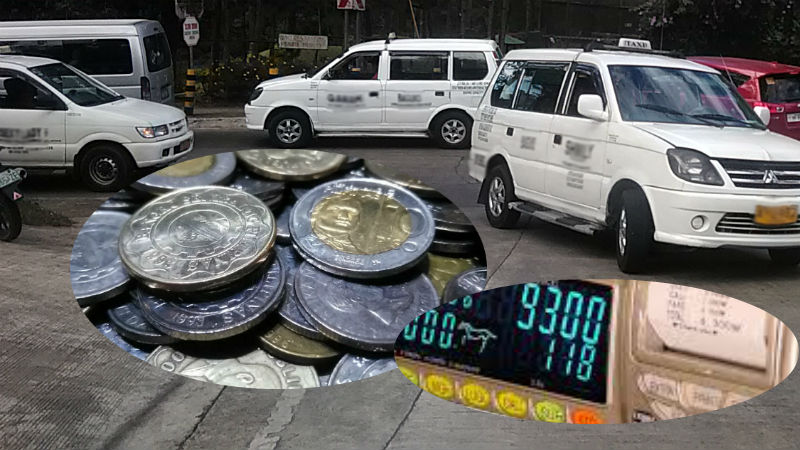BAGUIO CITY – The Cordillera offices of the Land Transportation office (LTO-CAR) and the Land Transportation Franchising Regulatory Board (LTFRB-CAR) underscored that the grant of the 400 taxi franchises in the city passed through the appropriate processes of the regulatory agency and with the endorsement of the City Council.
LTO-CAR regional director Francis Ray Almora explained that of the 400 taxi franchises approved for issuance, 200 taxi units will be dedicated to premium taxis while the other 200 franchises will be replacement for taxi units with considered dead franchises both under fleet management and direct supervision of duly accredited transport cooperatives or transport corporations.
However, no transport cooperative or corporation has yet to apply for the issuance of the franchises to the impending operation of premium taxis in the city.
“Premium taxis will only ply the city’s streets when requested by high-end passengers to provide the needed services. It will not road the streets like what is being done by the ordinary taxis that is why the effect of its operation to the traffic around the city will be insignificant,” Director Almora stressed.
The grant of franchises to interested operators of premium taxis on fleet management was enshrined under LTFRB Memorandum Circular 2019-032.
On the other 200 franchises for regular taxi units plying the routes Baguio and La Trinidad to any point of the Cordillera, the LTO-CAR official explained that the same is in lieu of the actual number of taxi units that already ceased to exist or those that have already dead franchises based on a favourable endorsement by the City Council.
On November 27, 2017, the local legislative body passed Resolution No. 422, series of 2017 favorably endorsing to the LTFRB central office for its consideration the petition of taxi service operators to allow the late filing of applications for extension of validity of expired certificates of public convenience to operate taxi services in the city.
Earlier, Ms. Corazon Lazaro, Aidye T. Olsim, Christopher S. Aquino, Jovelyn C. Seydawan, Elpidio G. Litilit, Carlos Estino, Patricio Laron, Jehus Han Cariño and Florentina S. Marrero, taxi service operators, in a petition latter dated October 18, 2017, appealed for the intervention to request the LTFRB to allow the late filing of applications for extension of validity of their expired franchises.
Subsequently, the Committee on Public Utilities, Transportation and Traffic Legislation, in its second endorsement dated November 20, 2017, recommended the favourable endorsement of the aforesaid matter with the LTFRB central office for its consideration.
Pursuant to Section 5a) of Executive Order No. 202 dated June 19, 1987, the LTFRB shall be empowered to prescribed and regulate route of service, economically viable capacities and zones or areas of operation of public land transportation services provided by motorized vehicles.
Under LTFRB MC No. 2019-016, aside from the contributing factors, like increase in population, growth of the local tourism industry and rapid economic development, cancellation, expiration and abandonment of franchises have greatly contributed to the reported shortage and decrease in the number of taxi units plying the city.
The MC stated that on the basis of the result of the actual survey conducted by regional franchising and regulatory offices, the required number of taxi units are being identified.
Further, the MC added that to effectively respond to the concerns of the riding public, the board saw the need to fill-in the gap between the existing number of taxi units and the actual demand of public transport.
Based on the data obtained from the LTFRB-CAR, there are over 32,000 registered taxi units operating in the city.
Almora stated that due to the dead franchises of taxi units that ceased to exist, the number of taxi units operating in the city dropped by at least 200 that is why the LTFRB simply approved the replacement of the taxi units that no longer operate based on the endorsement made by the City Council.
He asserted, thus, there is no basis to conclude that the eventual operation of the approved taxi franchises will further aggravate the traffic congestions in the city as the premium taxis will operate on an on-call basis while those replacement units will simply replace those taxi units not in operation.
By HENT














